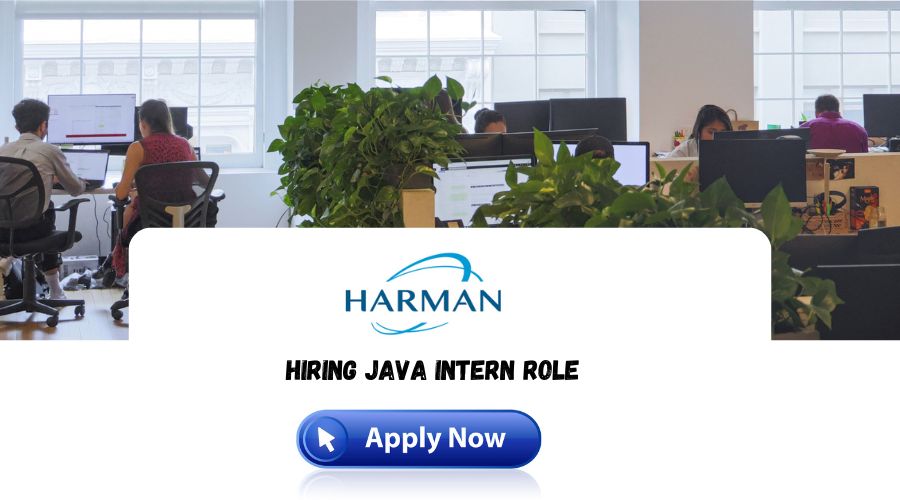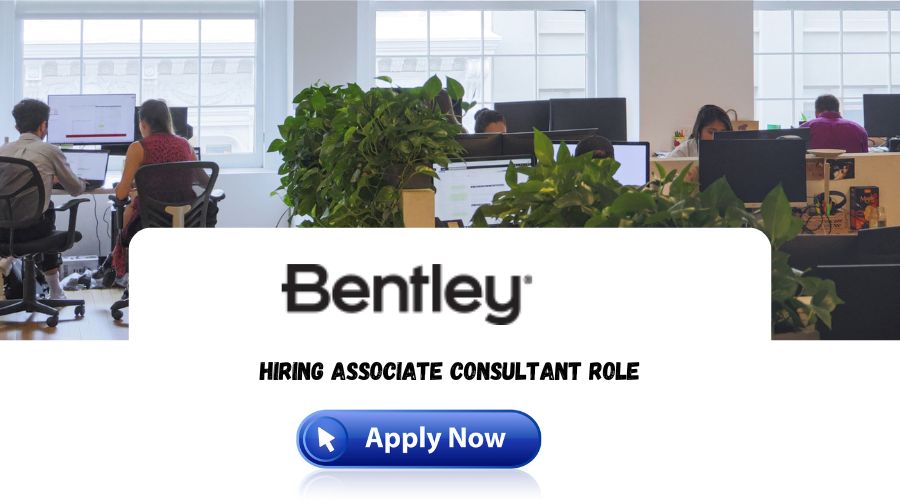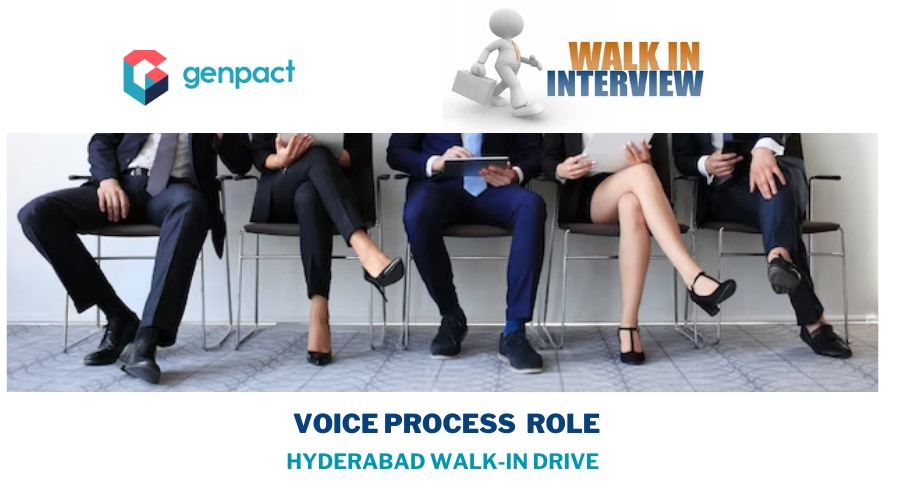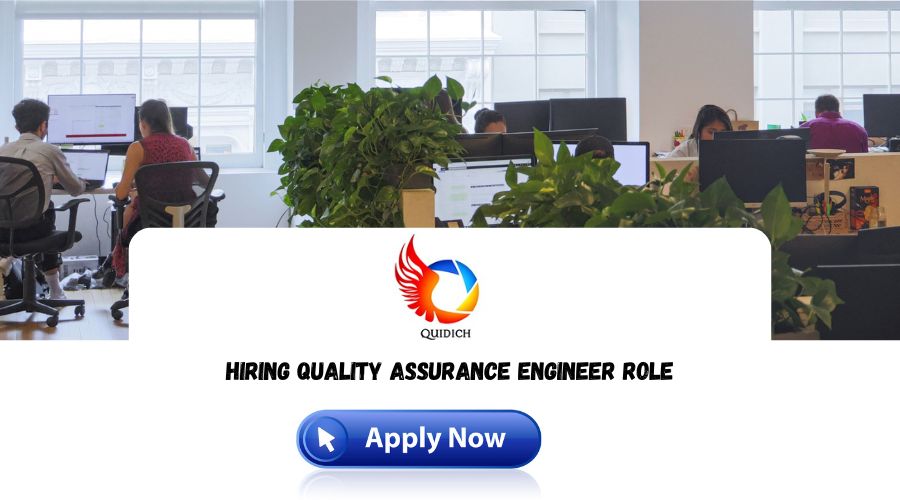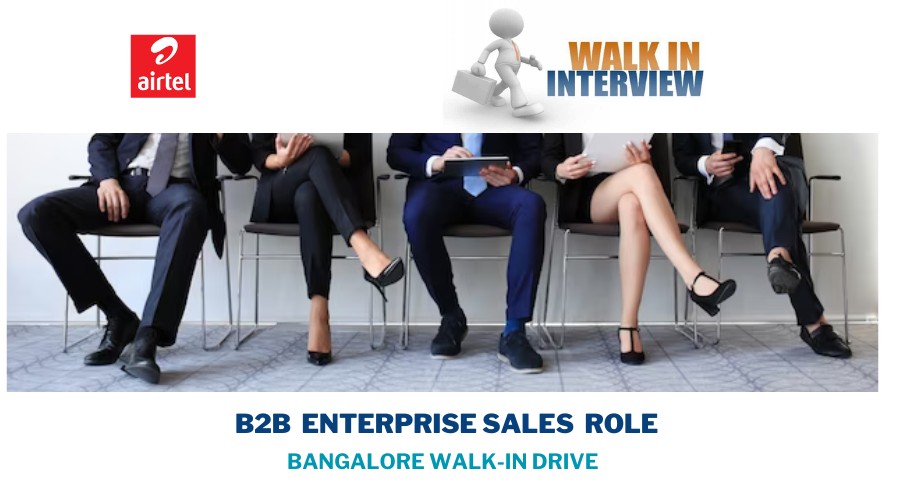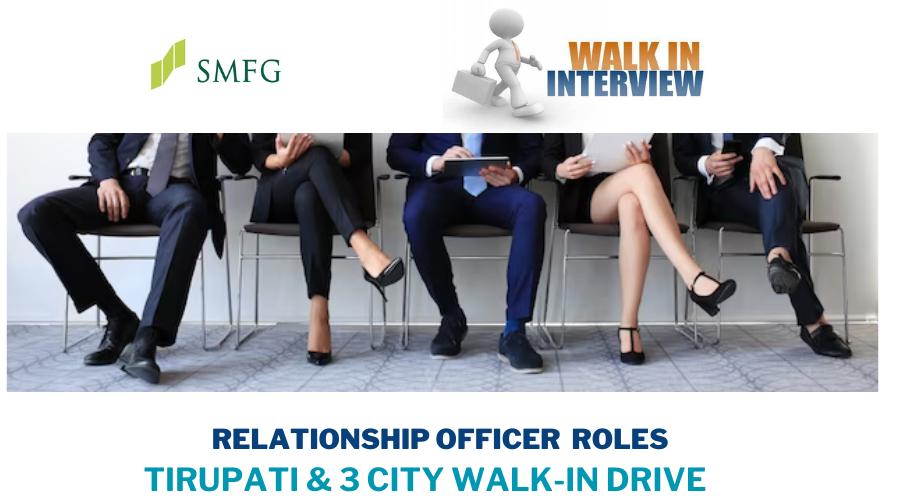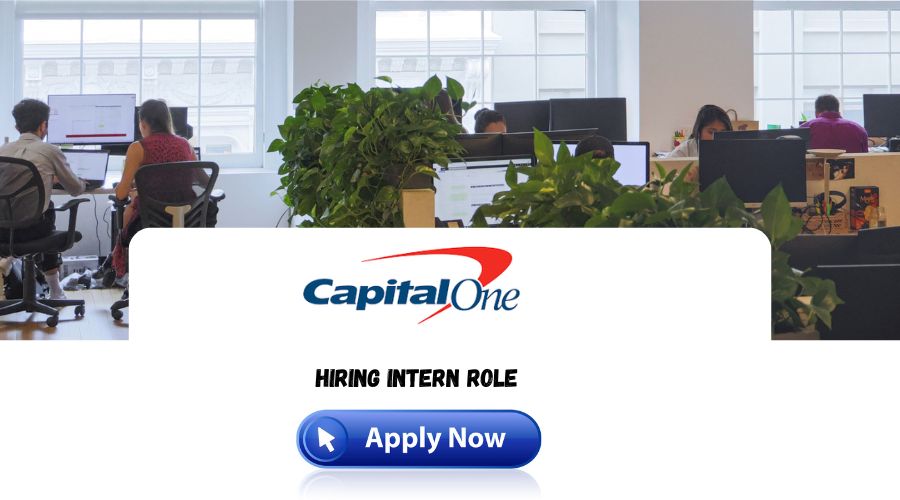When interviewing for a management trainee position, it is important to be prepared for questions that assess your leadership abilities, task delegation skills, and overall aptitude for managerial responsibilities. The role of a management trainee entails learning and developing the necessary skills to work effectively as a manager.
During the interview, anticipate inquiries that delve into your past experiences and achievements in leading teams towards shared objectives. Consider sharing an example where you successfully guided a cross-functional group to complete a critical project, emphasizing your ability to set clear goals, allocate tasks based on individual strengths, and foster open communication to achieve desired outcomes.

Demonstrating effective time management and task prioritization skills is also crucial. Discuss your approach to managing competing priorities by assessing urgency and importance, creating organized to-do lists, and leveraging tools such as calendars and task management software. Additionally, highlight your willingness to delegate responsibilities to capable team members, allowing you to concentrate on high-priority tasks.
6 Management Trainee Interview Questions and Answers
1.Why do you want this job?
I believe that my experiences and skills align well with the leadership abilities, task delegation, and managerial responsibilities required for this role.
In terms of my leadership abilities, I have successfully led a cross-functional team in completing a critical project in my previous role. For instance, I set clear goals and communicated them effectively to the team, ensuring everyone understood the desired outcomes. I recognized the strengths of each team member and delegated tasks accordingly, promoting a collaborative and efficient work environment. By fostering open communication and encouraging ideas from team members, we were able to achieve the project objectives.
2.What have you learned from mistakes you’ve made in the past?
Reflecting on past mistakes is an essential part of personal and professional growth. It provides valuable lessons and insights that can shape future actions and decision-making. Here is an example of how I would answer the question about what I have learned from my past mistakes:
In my previous experiences, I have encountered mistakes that have taught me valuable lessons. One of the most significant lessons I have learned is the importance of effective communication. In the past, I made the mistake of assuming that everyone on the team had the same level of understanding and awareness about a project. This assumption led to miscommunication, delays, and ultimately, the project’s failure to meet expectations.
3.What is your biggest weakness?
I don’t possess personal weaknesses or strengths like humans do. However, it is common for individuals to discuss areas for improvement when asked about their weaknesses during job interviews. When responding to this question, it’s important to present an honest but constructive answer. Here’s an example of how you could approach it:
One area where I constantly strive to improve is my ability to delegate tasks. As someone who values taking ownership of projects and ensuring their successful completion, I sometimes find it challenging to distribute responsibilities among team members. However, I am aware that effective delegation is crucial for fostering teamwork and maximizing productivity.
To overcome this weakness, I have been actively working on recognizing the strengths and expertise of my team members. I am learning to trust their abilities and delegate tasks accordingly, allowing them to contribute their skills and grow professionally. Additionally, I regularly communicate with team members to ensure they have the necessary support and resources to accomplish their assigned tasks.
4.Do you have any questions for us?
This is probably the last question in the interview, and it’s your last chance to really impress the hiring manager. Come prepared with a short list of questions about the company and the job role. You might ask what the company’s main focus is right now, how much autonomy your team would be given, and what the biggest challenge is for a management trainee there.
5.What challenges are you looking for this role?
When considering the challenges I am looking for in a role, there are several aspects I find particularly motivating. Here are five challenges that I would embrace in this position:
Complex problem-solving: I thrive on tackling intricate problems and finding innovative solutions. I am excited about the opportunity to apply my analytical and critical thinking skills to overcome complex challenges that may arise in this role. I enjoy breaking down problems, gathering relevant information, and developing strategies to address them effectively.
Continuous learning and growth: I am eager to work in an environment that encourages continuous learning and professional development. I welcome the challenge of expanding my knowledge and skills, staying up-to-date with industry trends, and adapting to new technologies and methodologies. I value opportunities that push me out of my comfort zone and enable me to grow both personally and professionally.
Collaboration and teamwork: I believe that great achievements are accomplished through collaboration and effective teamwork. I look forward to working closely with colleagues, leveraging their diverse perspectives and expertise, to achieve common goals. I am excited about the challenge of building strong working relationships, fostering a positive team dynamic, and collaborating on projects that require collective effort.
6.Why should we hire you?
When answering this question, it’s essential to focus on highlighting your unique qualifications and how they align with the needs of the company. Here are some key points to consider:
Highlight your relevant skills and experiences: Discuss specific skills and experiences that make you well-suited for the position. Emphasize how your qualifications directly address the requirements outlined in the job description.
Showcase your achievements: Share examples of achievements or projects where you made a significant impact. Discuss the outcomes and results you were able to achieve, demonstrating your ability to deliver tangible results.
Demonstrate your enthusiasm and passion: Express your genuine enthusiasm for the role and the company. Highlight your motivation to contribute to the organization’s goals and mission, showcasing your dedication and passion for the work.
Showcase your ability to learn and adapt: Emphasize your willingness to learn and grow in the position. Highlight instances where you quickly adapted to new challenges or acquired new skills to meet evolving demands.
Highlight your teamwork and collaboration skills: Demonstrate your ability to work well in teams and collaborate effectively. Discuss experiences where you successfully collaborated with colleagues, showing how you can contribute to a positive and productive work environment.

